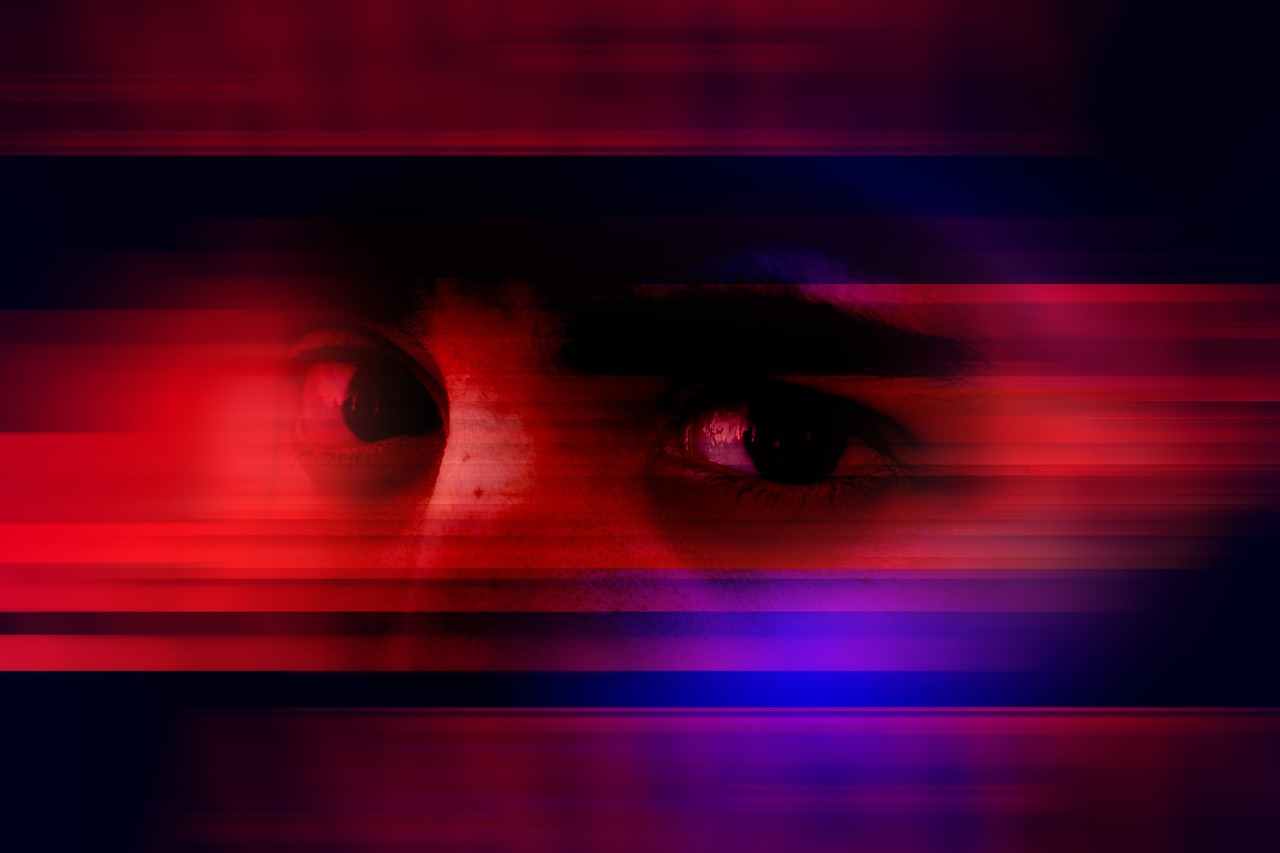
In today’s life, the competition and struggle to lead a more luxurious lifestyle as much as to gain respect and hold a formidable reputation are often hold a far more important ideal than ones such as maintaining good health or leading simple austerities. Unfortunately, although the eradication of diseases such as small pox and medical marvels have been performed at the turn of the 20th century, they greatest ailments that man has been forced to battle today include stress and tension. Allowing these new age diseases to go boundless allows for depression, which may even turn clinical.
How, in these fast-paced times, does one evolve coping mechanisms to deal with stressors? Major ailments that stem from today’s levels of shooting anxiety include Post Traumatic Stress Disorder (PTSD), Panic Disorder, Anxiety Disorder (generalized or specific), to name a few.
1. Psychotherapy – PTSD, is by definition, the consequences of experiencing extreme stressors. Psychotherapies for PTSD generally have three goals: exposing clients to what they fear in order to extinguish that fear, challenging distorted cognition that contribute to symptoms, and helping clients reduce stress in their lives.These goals are addressed in cognitive-behavioral therapy for PTSD and in stress-management therapies. Some clients also benefit from anti anxiety and antidepressant medications.
2. Physiological/Biological Treatments – Both biological and psychological treatments for panic disorder have been developed. Certain anti-depressant drugs effectively treat panic disorders and the benzodiazepines can help some people. Cognitive-behavioral therapies appear to be as successful as medications in reducing symptoms, and better than medications at preventing relapse.
3. Therapy – Generalized anxiety disorder or GAD is best met with cognitive-behavioral treatments that focus on helping people confront the issues they worry about most; challenge their negative, catastrophic thoughts; and develop coping strategies. This is a chronic disease as people with a constant anxiety about their workspace or their personal lives, ranging from the most trivial to major things experience such a likelihood that transfers to muscle tension, back ache and sleeplessness.
Other measures can also be taken that do not require seeking professional help such as:
 4. A Vacation – Sometimes, all that is needed to regain solace again is to gain a change of the surroundings. Image Source
4. A Vacation – Sometimes, all that is needed to regain solace again is to gain a change of the surroundings. Image Source
5. Engaging in physical activity – Swimming, or cycling or even taking up a sport such as parkour can help majorly in aiding to deal with excess stress.
6. Yoga – The age-old Vedic knowledge that comes through with yogic practices and meditation is actually given a lot of importance, as it seems more relevant in times such as these.
7. Caring for a pet – Studies have shown that owning a dog/cat/goldfish or even an animal of the equestrian variety help reduce stress and anxiety levels. In fact, Obsessive Compulsive Disorder (OCD) sufferers have been tested remarkably in this design.
8. Taking up a new interest – Making jewelry, or painting, can, in fact help one focus their mind on something productive.
9. Write a list, every day, of finding things that one is grateful for – The trick is to put across the wavelength of the mind to something towards gratitude. Gratitude has been known in literature and in study to be an emotion that allows for upliftment of the senses, of sorts.
10. Reconnect – Most anxiety or depression can be well tackled if one can reconnect with persons from the past, if not in the very present. Having someone to talk to/with call allow for some of the greatest reliefs that are a precursor to feeling good about oneself.
